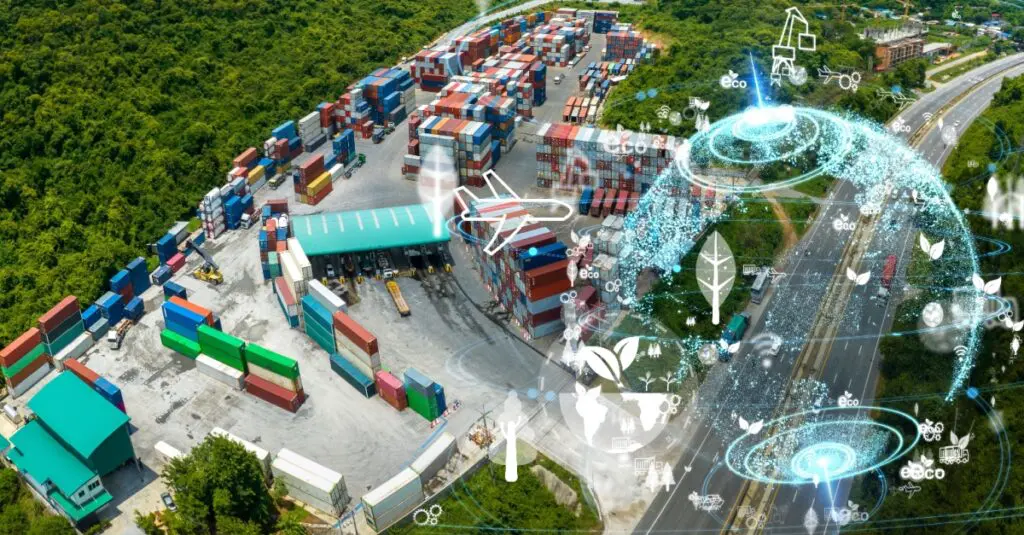
More

logistics
July 10, 2025
Five Questions I Wished People Asked Me About Public Sector Supply Chains
Special Guest Blog Post written by Gary Smith, CPIM-F, CSCP-F, CLTD-F, Author of “The Bridge,” Supply Chain Engineer, and Educator 1. Do Supply Chains exist in the public sector? The short answer is “YES!” I spent the first 25 years of my career in the private sector where I worked in warehouse operations, industrial engineering, and consulting, all in the logistics andsupply chain area. I cut my teeth on retail, automotive, chemical, food and beverage, publishing, and manufacturing. During that time, I also completed projects for the public sector in education and for the Department of Defense. In 2005 I was named Director of Supply Chain Operations for the New York City Housing Authority (NYCHA). We operated a 200,000 sq. ft. warehouse that shipped repair material to 335 developments in New York’s five boroughs. In 2013, I was named Vice President of Supply Logistics for New York City Transit, the largest public transportation organization in North America. We operated over 1.5 million sq. ft. of warehouse space covering all of New York City. Several years ago, I was on a national committee for the Association for Supply Chain Management (ASCM). We created this elevator speech to describe Supply Chain…

supply chain sustainability
July 2, 2024
Guide to Sustainability in Logistics: Implementing Eco-Friendly Practices
The logistics and transport sector contributes about 24% of global CO2 emissions. Considering the push for supply chain sustainability across different sectors, the need for lower emissions has been heating up in recent years. With roughly a quarter of the world’s emissions tied to logistics, this industry will possibly be the final frontier to tackle regarding sustainability. While different strategies can be leveraged to reduce the impact of logistics operations on the environment, integrating eco-friendly practices and reducing Scope 3 emissions are some of the most pressing initiatives at hand. This article serves as a guide that will provide actionable steps for companies to embrace innovative solutions and navigate the transition toward a greener future. Scope 3: Understanding Supply Chain Emissions Modern supply chain management outsources different parts of the operation to leverage the expertise of different suppliers and stakeholders. Logistics operations are usually outsourced to third-party providers, and exercising control over their operations and monitoring their sustainability practices and emissions can be challenging. Here’s the harsh reality: no matter how well an organization manages to reduce Scope 1 and 2 emissions, the unaddressed Scope 3 emissions can bring the entire process to a screeching halt. This is especially true…
